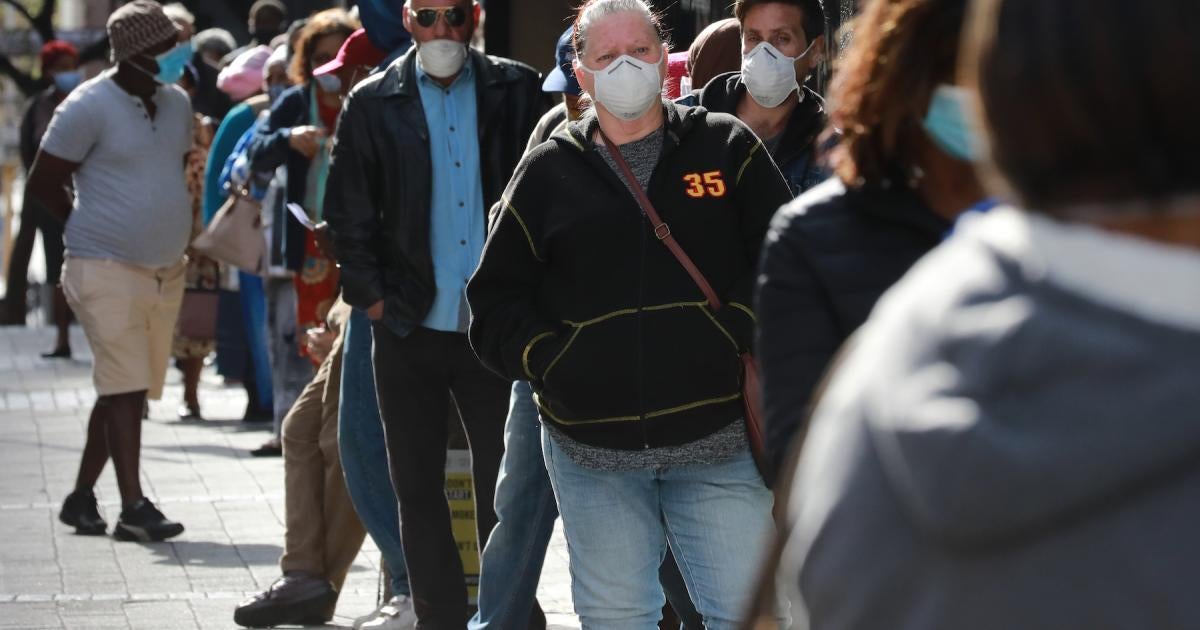This month marks three years since the World Health Organization (WHO) declared Covid-19 a pandemic. Since then, more than 750 million cases of Covid-19 have been reported, along with more than 6.8 million deaths.
This unprecedented public health crisis has exposed systemic failures in the global health architecture, and government responses and actions have exacerbated social inequities and violated a slew of human rights.
But what should governments and non-state actors, like pharmaceutical companies, do to address these failures before the next pandemic strikes?
I asked Human Rights Watch researchers covering the pandemic about its human rights costs and what should be done next time – and there will be a next time. Their responses spanned topics including government response, vaccines access, exacerbated inequalities, government economic support measures, older people, people with disabilities, online learning for children, domestic violence, anti-Asian hate crimes, and refugees and asylum seekers.
The bottom line is the pandemic isn’t over, and authorities saying it’s over doesn’t make it so. The burdens of infections, illnesses, and deaths are predictably shifting onto marginalized and vulnerable communities.
On a global level, the WHO is undertaking the key proposal of the creation of a Pandemic Treaty. The treaty draws on the lessons – both good and bad – from the ongoing Covid-19 pandemic to create a framework for global collaboration in anticipation of the next pandemic.
At Human Rights Watch, we’re committing to work alongside other civil society groups to push governments and the WHO to center the right to health in the Pandemic Treaty, so that we do not repeat the catastrophic failures of the past few years.



